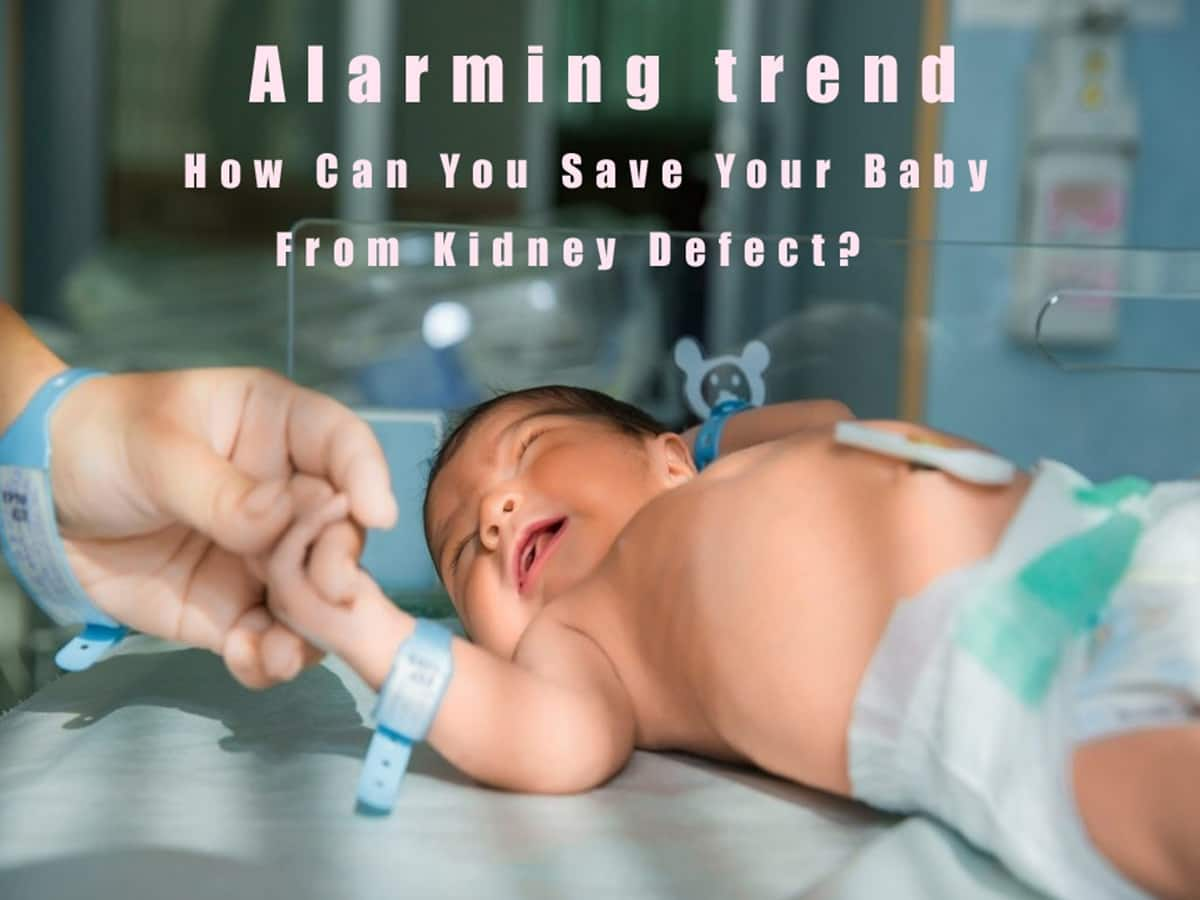Share this @internewscast.com

It is an unfortunate reality that cases of babies with kidney defects are on an upward trend. Read on to know what you must do as a parent.
On the momentous occasion of World Kidney Day, it is imperative to highlight a topic of utmost importance for parents and caregivers of newborn babies ‘Babies born with kidney defects’. As a seasoned pediatrician, I am well aware of the overwhelming anxieties that parents face when it comes to their child’s health, especially in the realm of kidney disorders, given its profound impact on overall well-being. On this World Kidney Day, let us look at this alarming trend as we see more babies are coming into this world with kidney defects.
Causes of kidney defects in babies
Kidney defects in newborn babies can stem from a variety of causes, including
- Genetic factors
- Maternal health issues during pregnancy
- Exposure to certain medications or infections.
These defects can manifest in different forms, such as
- Renal agenesis
- Renal dysplasia
- Obstructive uropathy
Each poses unique challenges to the child’s health.
Symptoms of kidney defects in babies
Recognizing the symptoms and early signs of kidney defects is crucial for timely intervention and treatment. Common indicators include
- Difficulty or pain during urination
- Abdominal or extremity swelling
- High blood pressure
- Abnormal urine output.
However, some cases may present with subtle symptoms or none at all, underscoring the necessity of regular screenings and medical evaluations for newborns.
Precautions that parents can take
For parents of babies diagnosed with kidney defects, taking proactive measures and precautions can significantly impact their child’s health outcomes. Regular prenatal check-ups and a healthy lifestyle during pregnancy can help reduce the risk of congenital abnormalities. Additionally, remaining vigilant for any signs of kidney problems in newborns and promptly seeking advice from a pediatrician are essential steps in early detection and management.
Treatment options for kidney defects in newborns
This can vary depending on the specific condition and its severity. In some cases, medical intervention may involve medication to alleviate symptoms or surgical procedures to address structural abnormalities. The key is to act swiftly and decisively to ensure the best possible outcome for the child’s health and well-being.
The last word
Continuous monitoring and follow-up care play a vital role in the management of kidney defects, promoting optimal growth and development in infants affected by such conditions.
As we observe World Kidney Day, let us reaffirm our dedication to increasing awareness about kidney health in newborns and providing support to families impacted by kidney defects. By empowering parents with information, resources, and access to high-quality healthcare services, we can work towards improving outcomes and creating brighter futures for our youngest patients.
(This article is authored by Dr Nihar Parekh, a well-seasoned pediatrician and the Founder of Cheers Child Care and SOCC)













